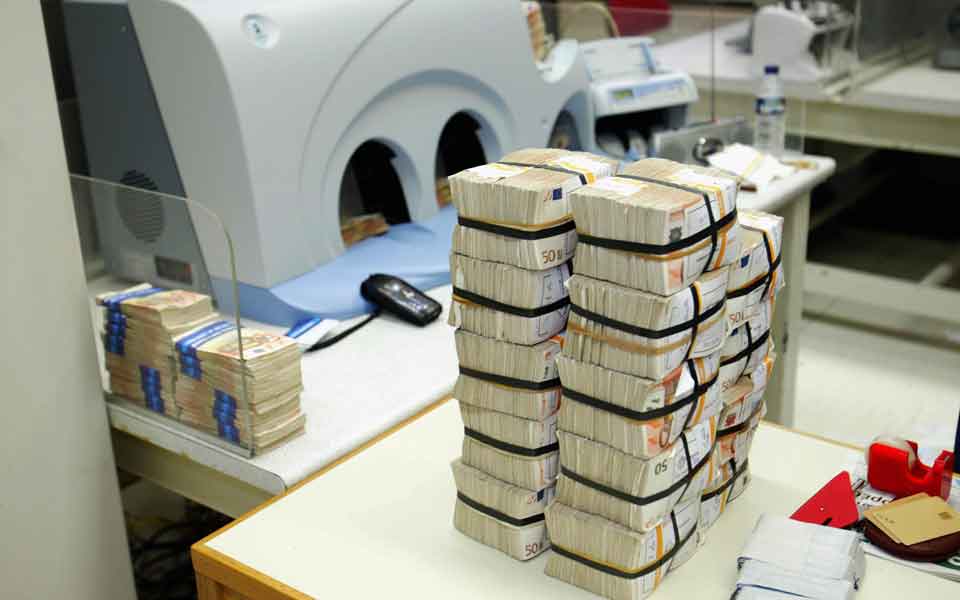Credit expansion of 8% in Q1
The main driver is small and medium-sized enterprises, while mortgages continue to lag

Bank of Greece data for the first quarter of the year confirm the recovery of financing to businesses that will support credit expansion in 2024, as the net flow of financing moved into positive territory, in the order of of 333 million euros.
The net flow of financing captures new loan disbursements after repayments of existing debts and the positive sign in the first quarter is a consequence of the increase in borrowing in March by €1.9 billion, raising the rate of credit expansion for businesses to 8%.
Business lending amounted to €76.4 billion, of which €67.4 billion is loans to industry, trade, tourism, construction etc – i.e. non-financial businesses – while another €8.9 billion is loans to insurance companies. Another €4.5 billion is loans to freelancers, farmers and individual businesses, which constitute a small part of business loans. In addition to the high cost of money implied by the rise in interest rates, the reluctance of sole proprietorships and especially the self-employed to borrow is also attributed to widespread tax evasion and undeclared income, with the consequence that their low income status does not allow access to bank borrowing.
Based on the figures of the BoG, business credit with an emphasis on small and medium-sized enterprises is the main driver of the acceleration of financing, which is favored at the present time by the loans of the Recovery and Resilience Fund (RRF) that ensure low financing costs. The banks’ estimates raise the rate of credit expansion to businesses to 5% on average for the three years 2024-2026, a period which coincides with the end of the RRF, the resources of which should have been absorbed by August 2026.
On the contrary, loans to households continued to show a negative net financing flow both in March (-€21 million) and in the first quarter (-€201 million). The big problem is mortgages, the balances of which are steadily shrinking as repayments exceed new disbursements, resulting in a negative €292 million funding flow at the end of the first quarter.





